Search
Search Results
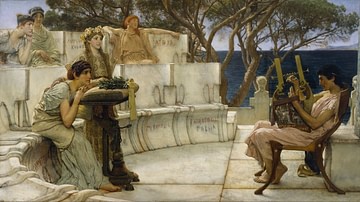
Image
Sappho and Alcaeus (Painting)
Sappho and Alcaeus, oil on panel by Sir Lawrence Alma-Tadema, 1881. The painting illustrates a passage by the ancient Greek poet Hermesianax (active c. 330 BCE) depicting a scene on the island of Lesbos (Mytilene) during the late 7th century...
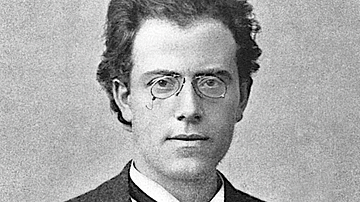
Definition
Gustav Mahler
Gustav Mahler (1860-1911) was an Austrian-Bohemian composer best known for his song-cycles and his grand, sweeping symphonies, which often require expanded orchestras for their full performance. Mahler, a composer of Late-Romantic music and...
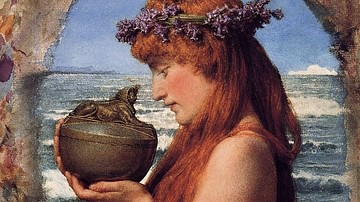
Image
Pandora About to Open Her Box
Pandora, the first woman in Greek mythology. 1881 CE, Lawrence Alma-Tadema (Private collection).
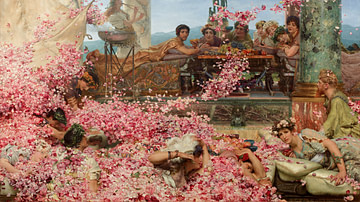
Image
The Roses of Heliogabalus
The Roses of Heliogabalus, oil on canvas by Lawrence Alma-Tadema, 1888.
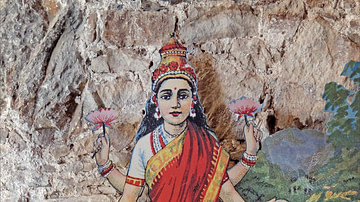
Image
Lakshmi
Lakshmi, the Hindu goddess of good fortune. Here she is typically depicted standing on a pink lotus flower with an elephant in the background, a traditional symbol of good luck. (Alma Karlin Exhibition, Ljubljana Castle, Slovenia)
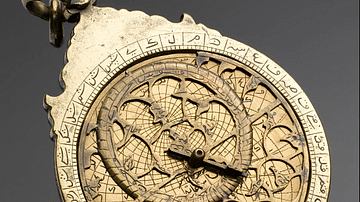
Definition
Astrolabe
The astrolabe is an astronomical instrument used from around the 6th century to measure time and position by determining the altitude of heavenly bodies like the Sun and certain stars. Measurements were taken in reference to the viewer's...
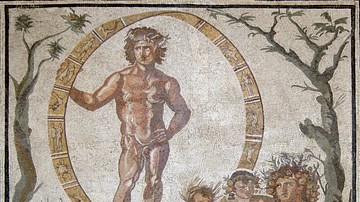
Definition
Gaia
Gaia (also Gaea or Ge) is a primordial goddess and the personification of the Earth in Greek mythology. Gaia emerged from Chaos and is considered the supreme or mother goddess by immortals and mortals alike. All gods and goddesses are descended...
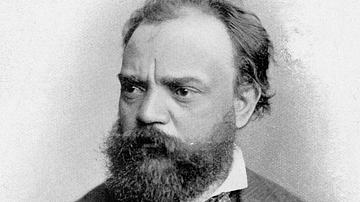
Definition
Antonín Dvořák
Antonín Dvořák (1841-1904) was a Czech composer best known for his symphonies, symphonic poems, operas, and chamber music. Dvořák's best-loved works include his 9th Symphony (From The New World), the American quartet, and his Slavonic Dances...
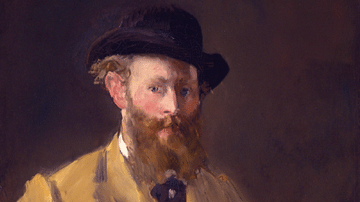
Definition
Edouard Manet
Edouard Manet (1832-1883) was a French modernist painter whose work is celebrated for its candid realism. Works like Olympia, an entirely modern nude, broke the artistic convention that great art should not concern itself with contemporary...
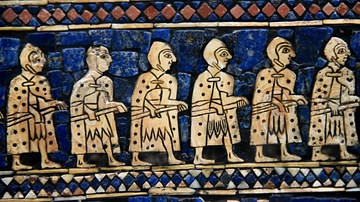
Definition
Sumerians
The Sumerians were the people of southern Mesopotamia whose civilization flourished between c. 4100-1750 BCE. Their name comes from the region which is frequently – and incorrectly – referred to as a “country”. Sumer was never a cohesive...